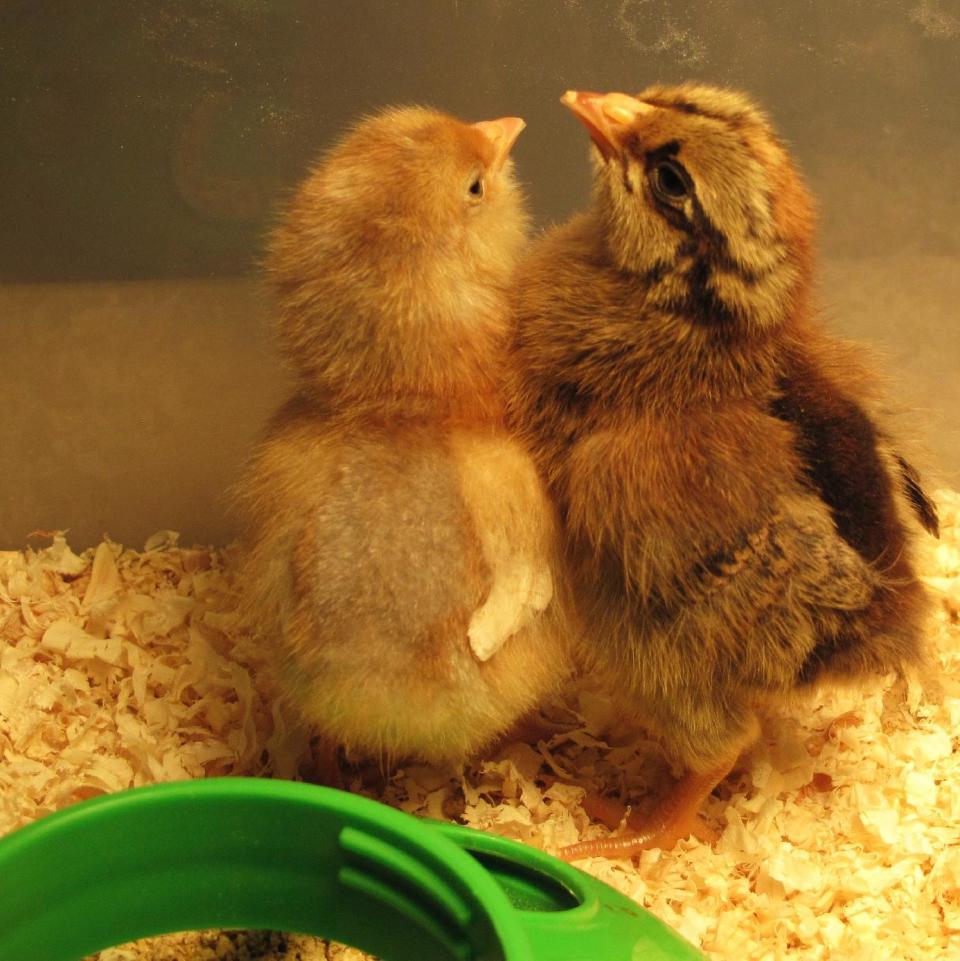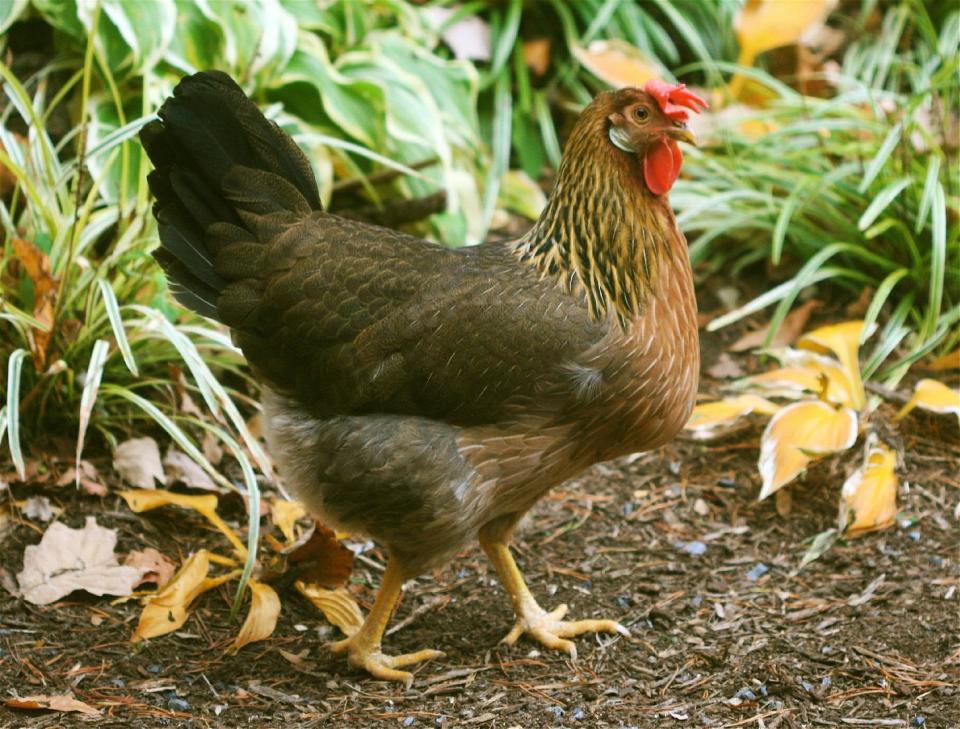Backyard chickens? Give them a 'food forest'
It's one thing to get permits from the local authorities and reach agreement with the neighbors. Before you set up housekeeping for a small flock of chickens, also be sure to provide the proper surroundings to keep them from flying the coop.
Chickens are like any other birds invited into the yard; they need food, water and cover to be healthy and happy, said Jessica Bloom, author of "Free Range Chicken Gardens: How to Create a Beautiful Chicken-Friendly Yard" (Timber Press. 2012).
"It's best if you can create some beneficial habitat for your free-ranging chickens — particularly plants they can eat from," Bloom said in a telephone interview from her home at Mill Creek, Wash. "That also gives them some shelter and a general sense of well-being."
She calls that a "food forest" — a diverse and multi-layered mix of tree canopy, berry-laden shrubs, vines, groundcover and planting beds.
"You can create a food forest garden in any aesthetic style in a typical urban, suburban or rural backyard," Bloom said.
Chickens can be great for a backyard: They control pests, aerate yards, and supply fertilizer and eggs. They're entertaining, too.
But they also love to scratch and peck when foraging, and that can destroy gardens.
Fence garden areas, particularly when the plants are small and at their most sensitive, Bloom said. Use containers so chickens can't reach high enough to get at their contents.
Hen houses, chicken coops or night shelters are a must for every flock, especially to ward off predators, she said.
"If they are well designed, these little structures can be fun, colorful and add an attractive element to any garden."
A few more suggestions for getting things started:
— It's easier to build a flock by buying chicks than by trying to hatch your own, Bloom said. "That's something to consider for later, though, because seeing the cycle of life is pretty amazing."
— You don't need roosters unless you want to breed your own chickens, said David Frame, an extension poultry specialist with Utah State University. "Not having a rooster will help keep the noise down in an urban setting, where they're often illegal," he said. "But personally, I'd rather hear a rooster crow in the morning than listen to a dog bark."
— Have everything ready before you bring home your birds. "Some people pick up their chickens at the local feed store and say, 'Now what?'" Frame said. "Know what you need and have it available."
— Chickens will eat almost anything, including table scraps, grass and insects. "But they have to have a balanced diet," Frame said. "Get some sort of commercial chickenfeed that's loaded with vitamins and minerals."
— Keep living areas clean to prevent disease and rodents. Chicken manure makes great fertilizer but it's extremely high in nitrogen. "You definitely want to cure used litter for a while before putting it on your plants if you want to compost it," said Jennifer Cook, with Colorado State University Extension.
Chickens can be trained to do a number of things like returning to the coop at night when called. Frequent handling makes them tamer.
"It just depends upon how much time you want to spend with them," Bloom said. "I know people who run their chickens through agility courses."
___
Online:
For more about feeding backyard chickens, see this West Virginia University fact sheet:
http://www.wvu.edu/~agexten/poultry/pfs17.pdf
You can contact Dean Fosdick at deanfosdick(at)netscape.net


